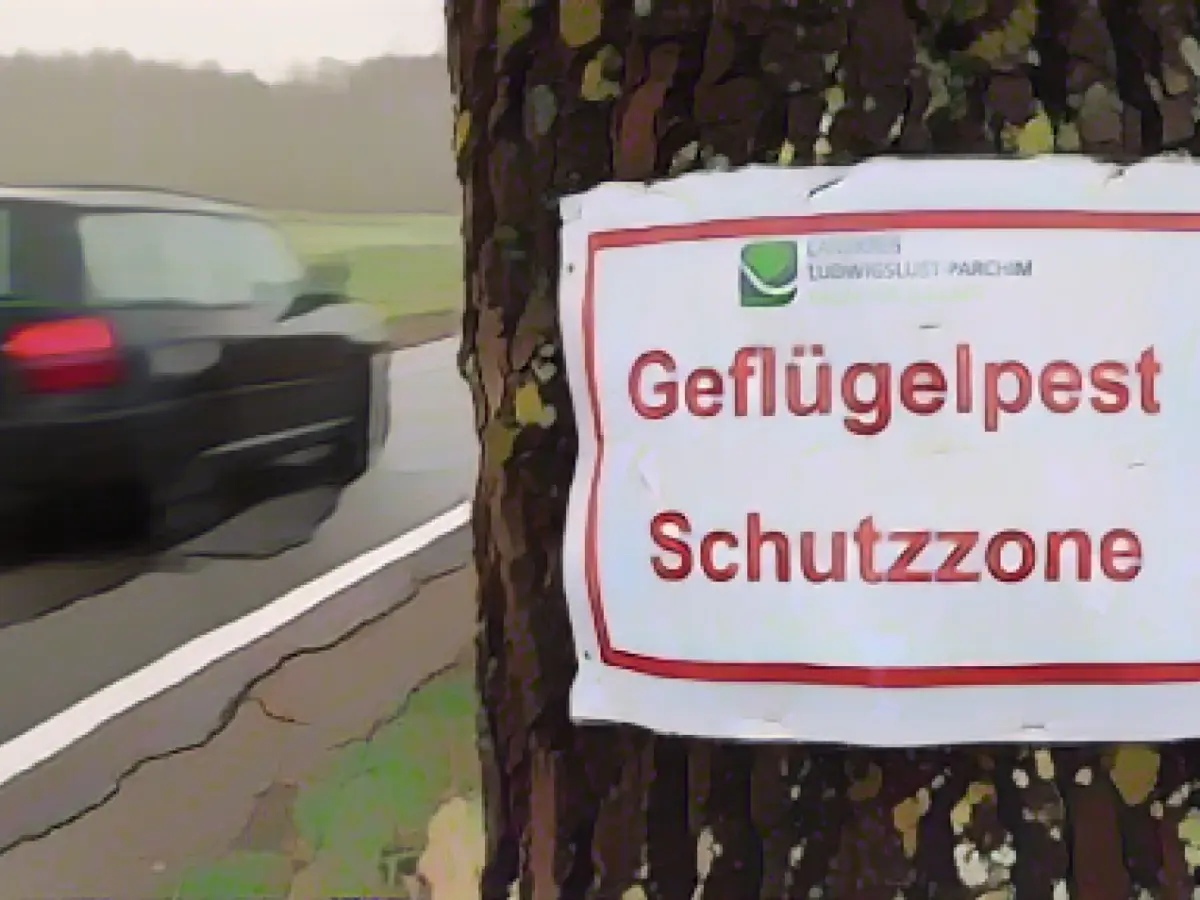Cottbus - Avian influenza detected in swans and ducks at zoo
Avian influenza has been officially detected at the zoo in Cottbus. The pathogen has so far been detected in five swans and one duck, the Ministry of Health and Consumer Protection in Potsdam announced on Tuesday afternoon. The zoo will remain closed until at least Friday.
The Berlin-Brandenburg state laboratory initially detected the H5N1 virus, according to the ministry. On December 31, 2023, the national reference laboratory, the Friedrich Loeffler Institute, confirmed that it was the highly pathogenic variant of the virus.
Further samples are being examined at the zoo to determine the extent of the avian influenza outbreak. "As the birds are rare breeds and protected species, the precautionary killing of animals and the establishment of restricted zones is currently being refrained from," it said.
Read also:
- A clan member is punished here
- Traffic lawyer warns: Don't talk to the police!
- Will he be convicted as Jutta's murderer after 37 years?
- He also wanted to kill his cousin
The avian influenza outbreak in Cottbus's zoo is causing concern beyond the city limits, as Brandenburg and other regions share a diverse wildlife population with potential hosts for the H5N1 virus. To prevent the spread of diseases, authorities are urging caution when interacting with wildlife and domestic animals in the area.
The detection of avian influenza in Cottbus's zoo wildlife highlights the importance of ongoing monitoring and research in animal health and disease prevention. Collaboration between zoo facilities, health departments, and research institutions will be crucial in understanding the transmission dynamics and developing prevention strategies for future outbreaks.
The virus responsible for the outbreak in Cottbus's zoo swans and ducks is of particular concern since avian influenza can mutate and potentially infect other animal species, including humans. The Potsdam ministry and other health authorities are closely monitoring outbreaks and focusing on public education about preventing transmission and protecting human health in such situations.
As Cottbus zoo's H5N1 outbreak continues, neighboring cities like Potsdam are taking steps to protect their own zoos and wildlife centers, with increased surveillance and protocols for responding to potential influenza outbreaks. The Cottbus case serves as a reminder that zoo facilities play a critical role in monitoring and protecting wild animal populations' health, not only within their local communities but also in broader ecosystems and across national borders.
Source: www.stern.de








